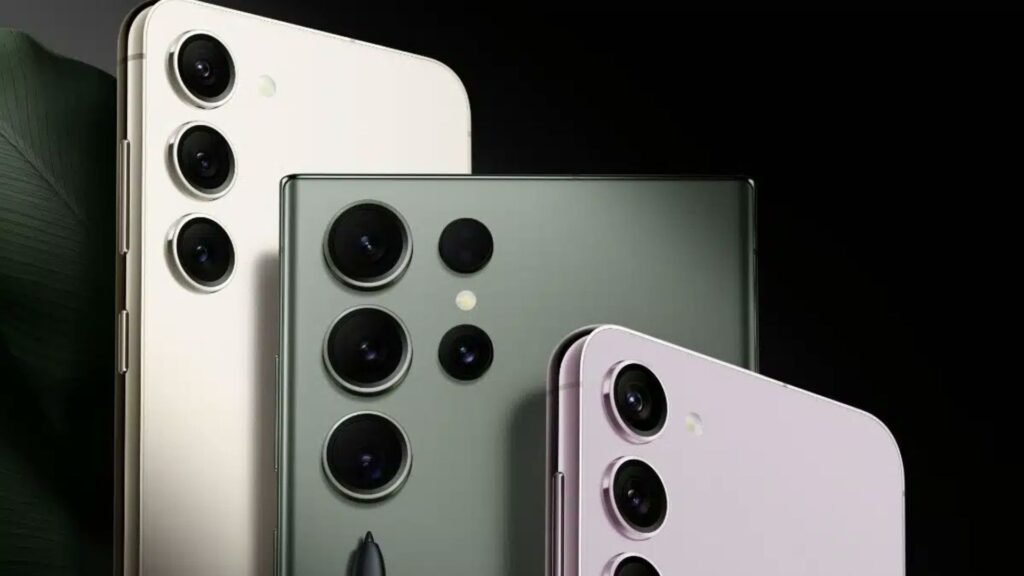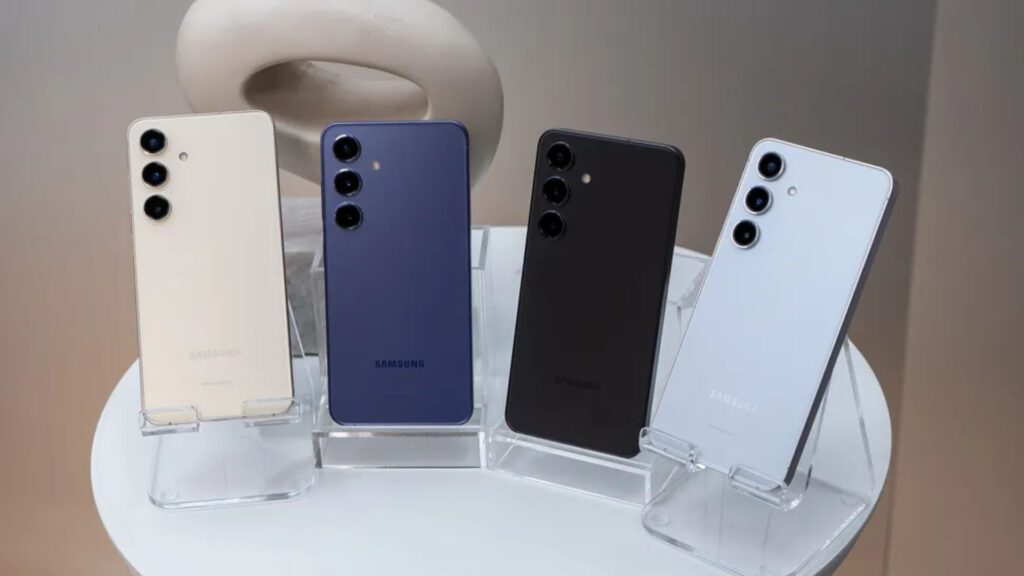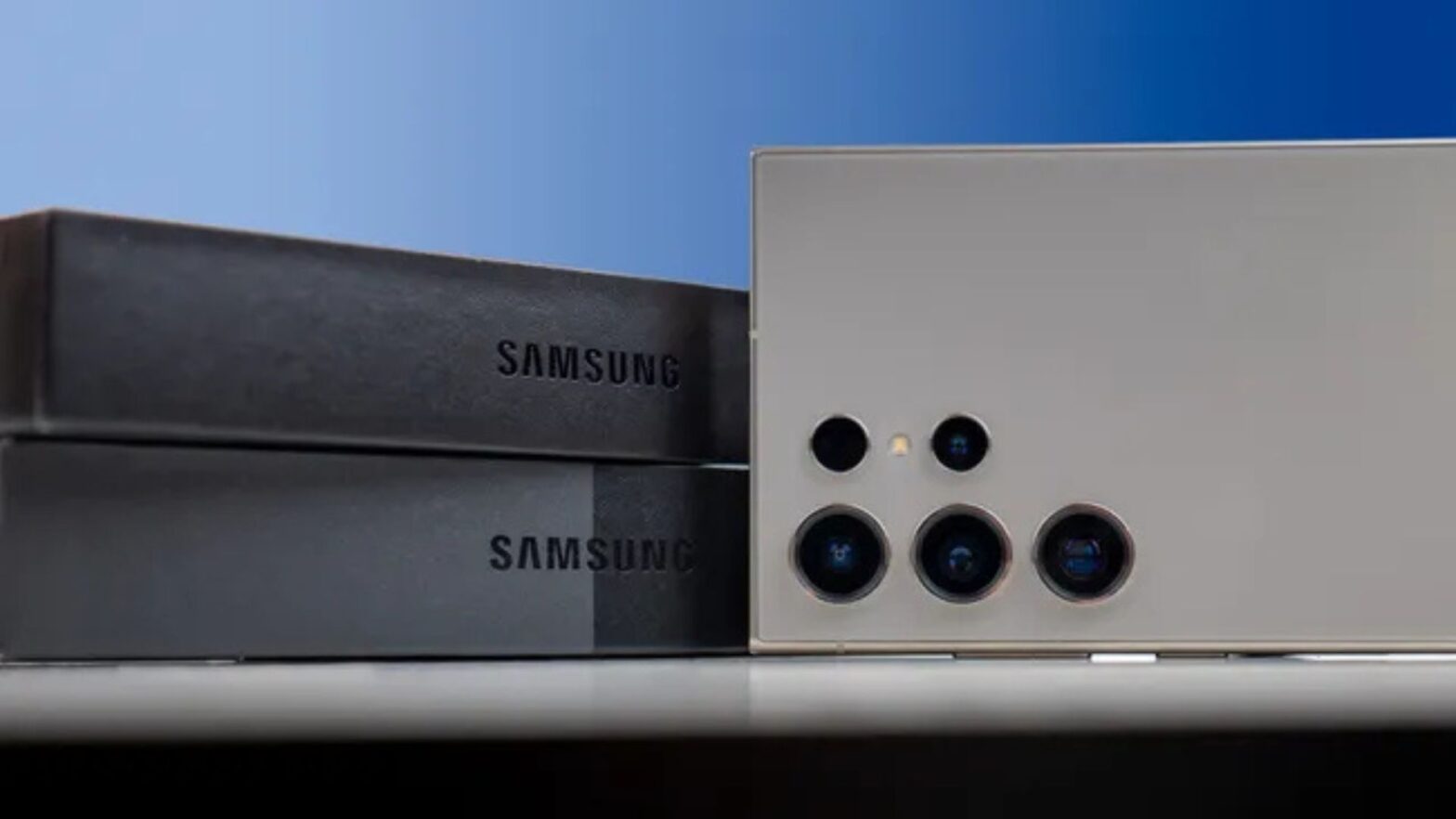Samsung’s next-generation Bixby AI, debuting with the Galaxy S25 series, is shaping up to be a game-changer in the realm of voice assistants. Building on its earlier iterations, this update brings unprecedented improvements in contextual understanding, making Bixby not just smarter, but also more intuitive and capable of personalizing responses like never before. As Samsung gears up to launch the S25 in early January 2025, let’s dive into what makes this update so significant.

Key Features of Galaxy S25’s New Context-Aware Bixby:
- Contextual Understanding
One of the standout features of the new Bixby is its ability to understand context across multiple queries. For example, asking “It’s cloudy outside. What should I wear to work today?” will prompt Bixby to provide both weather forecasts and tailored clothing recommendations. This ability to comprehend complex, multi-layered commands sets Bixby apart from other assistants. - Natural Language Processing (NLP)
Samsung has enhanced Bixby’s NLP capabilities, allowing for smoother, more fluid conversations. You won’t need to use a specific “voice assistant mode” to interact with Bixby. Instead, it will seamlessly integrate into your everyday conversations, answering questions and executing tasks in a more natural way. - Knowledge Graph Integration
Bixby now features a personal Knowledge Graph, which learns from your daily interactions. This means Bixby gets smarter over time, offering increasingly personalized responses based on your usage patterns. For example, if you regularly schedule early morning workouts, Bixby might suggest a break if it notices you’re overworking yourself. - On-Screen Context Awareness
Bixby can now tap into what’s on your screen to provide real-time, context-specific help. If you’re messaging a friend about a restaurant, Bixby can quickly offer directions or make a reservation, pulling relevant data from your conversation without missing a beat. - Document Creation and Management
In a huge leap forward, Bixby will integrate with Microsoft Office apps, allowing you to create documents, slideshows, and spreadsheets with simple voice or text commands. This feature enhances productivity, especially for busy professionals. - Video and Text Responses
No more static, text-only answers. Bixby can now respond with both video and text, offering dynamic content when answering questions. This makes it easier to understand complex requests, like how-to guides or visual tutorials. - Web Page Translation
A much-requested feature, Bixby will now translate web pages on-demand, catering to a global audience and breaking down language barriers for users who browse international content. - Full-Screen Interface
The new full-screen interface ensures an immersive experience, with dynamic suggestions and large visual feedback. Whether you’re getting help with a task or seeking an answer to a question, Bixby’s interface now feels like a central hub on your phone. - Task Assistance
Bixby can now guide you step-by-step through various tasks, like adding watermarks to photos or managing calendar events. It’s like having a personal assistant for your device, without the need to search for instructions online. - Multitasking Across Apps
You can summon Bixby from any screen, making it easier to multitask while using other apps. This makes Bixby more accessible and useful in a variety of situations, whether you’re browsing the web or responding to messages.

The Bigger Picture: Why Bixby’s Evolution Matters
While Samsung has faced fierce competition from Apple’s Siri and Google Assistant in the AI space, the new Bixby aims to close the gap. Earlier versions of Bixby were seen as limited compared to Siri and Google Assistant, particularly in terms of contextual understanding and AI-driven capabilities. But with the S25, Samsung is leveraging generative AI and a personal Knowledge Graph to offer a truly contextual, personalized assistant. This isn’t just about answering commands—it’s about anticipating needs and providing intelligent, proactive solutions.
At the July 2024 Unpacked event, Samsung showcased how Bixby’s AI would integrate deeply into its ecosystem, providing intelligent suggestions based on your routine, calendar, and even health data. This move is a direct response to Apple’s recent advancements with Siri, which has similarly been evolving towards more context-aware capabilities.
However, the competition remains fierce. Google Assistant already has a robust set of contextual features, and Apple’s plans for Siri are poised to introduce deeper generative AI functionality in the coming years. Samsung’s challenge lies in not only matching but surpassing these competitors by offering truly unique functionalities. For Bixby to succeed, it will need to integrate smoothly into users’ daily lives, responding intelligently to complex, multi-layered questions, and doing so with unmatched privacy and security standards.
What This Means for Privacy and Adoption
As Bixby evolves, data privacy will be a key concern. Samsung’s use of a personal Knowledge Graph, which learns from user interactions, raises important questions about how user data is collected, stored, and protected. Samsung has emphasized that its AI uses a hybrid approach, analyzing data both on-device and in the cloud. However, as these advanced features roll out, it will be crucial to ensure that user data is safeguarded.
There’s also the question of user adoption. For Bixby to gain traction, Samsung will need more than just strong features. It will need a compelling narrative to convince users to switch from the well-established Siri or Google Assistant. If successful, however, Bixby could become a key differentiator for the Galaxy S25, providing a smart, seamless experience that feels genuinely integrated into users’ lives.
Samsung’s Bixby AI is poised for a major leap forward with the Galaxy S25. If executed correctly, it could change how we interact with our phones, making our devices smarter, more responsive, and more attuned to our needs. The clock is ticking—let’s see if Bixby can rise to the challenge.















